Agriculture and Life Sciences

Cleaning Up Brownfield Sites Benefits Environment, Nearby Property Values
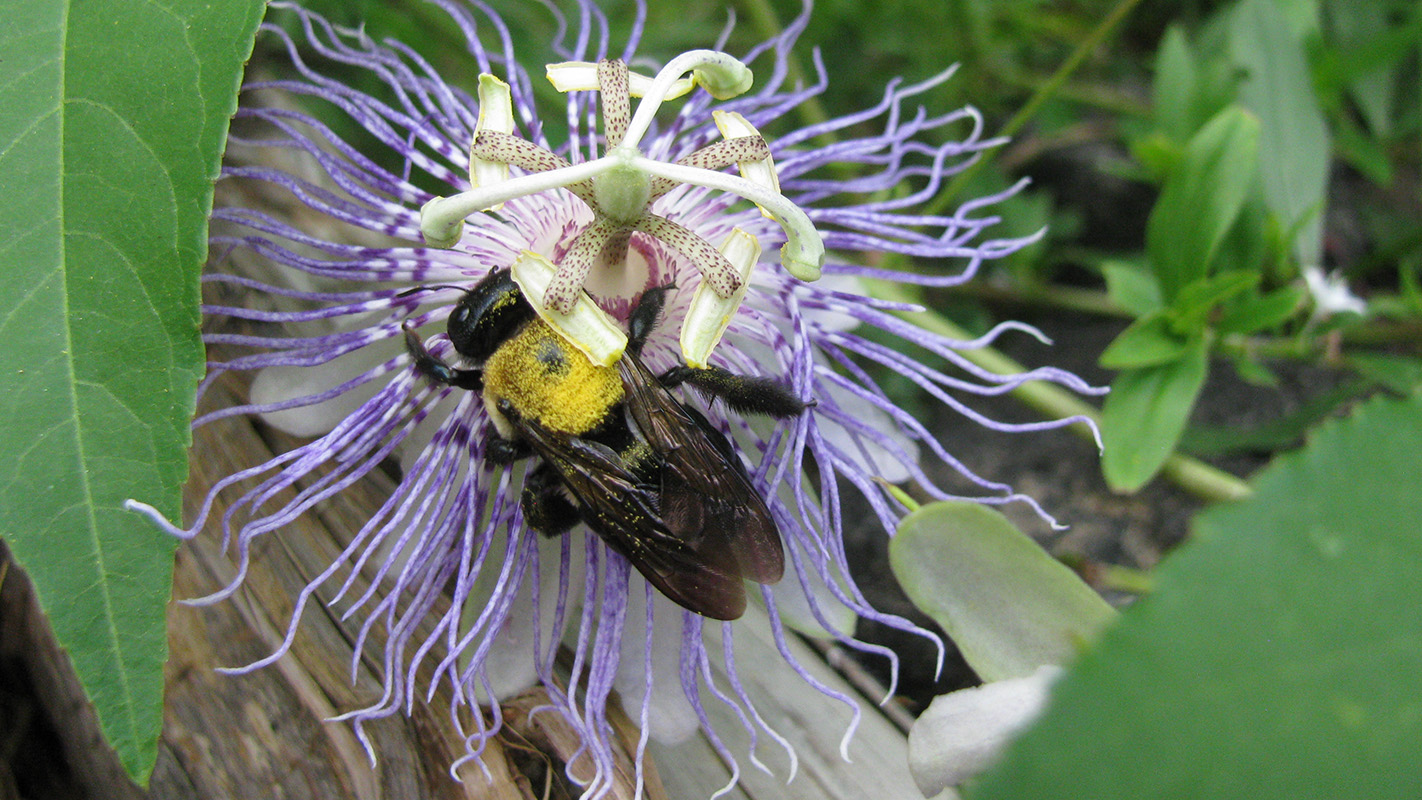
Expanding Outreach to Support Bees and Other Pollinators
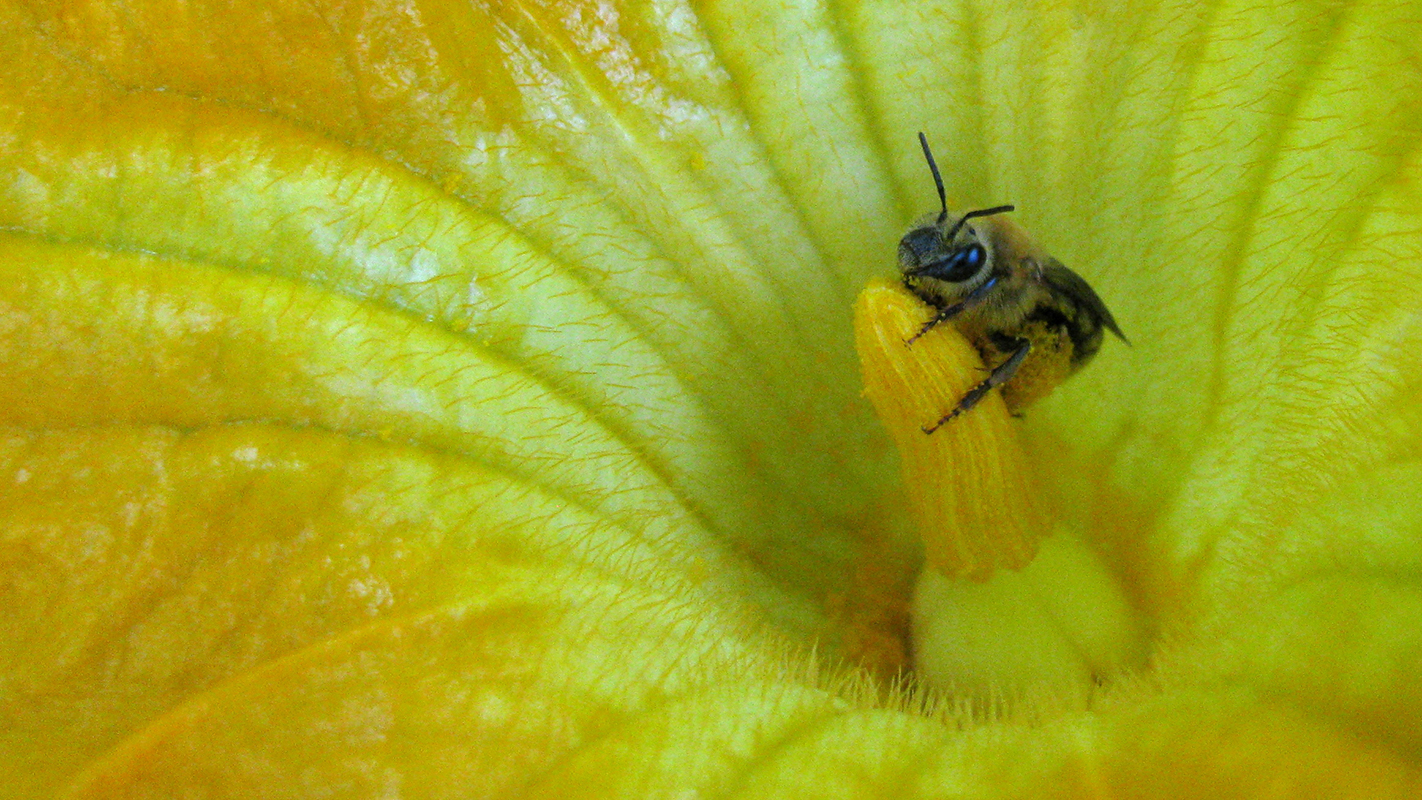
How Native American Agriculture Spread Bees in Pre-Columbian North America
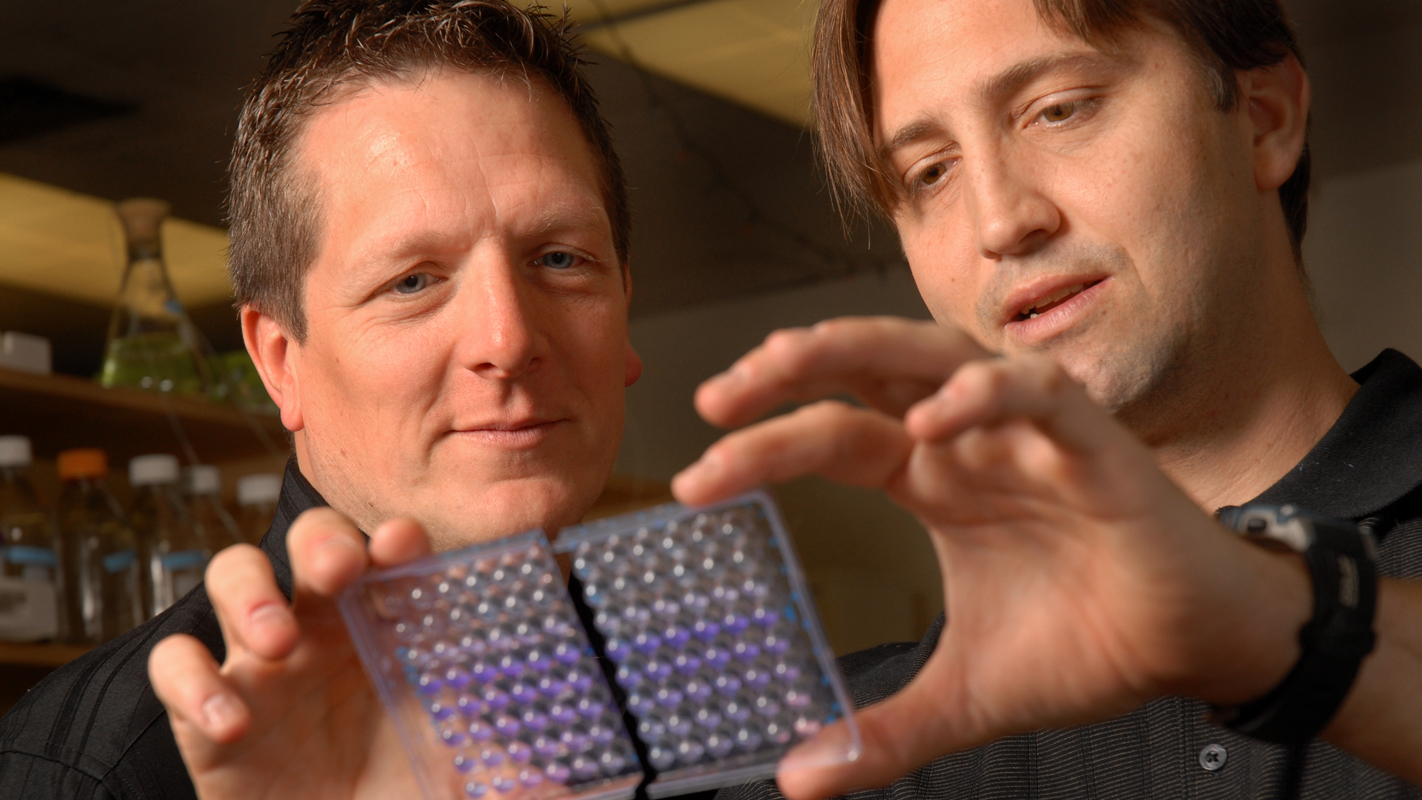
Resistance Remedies
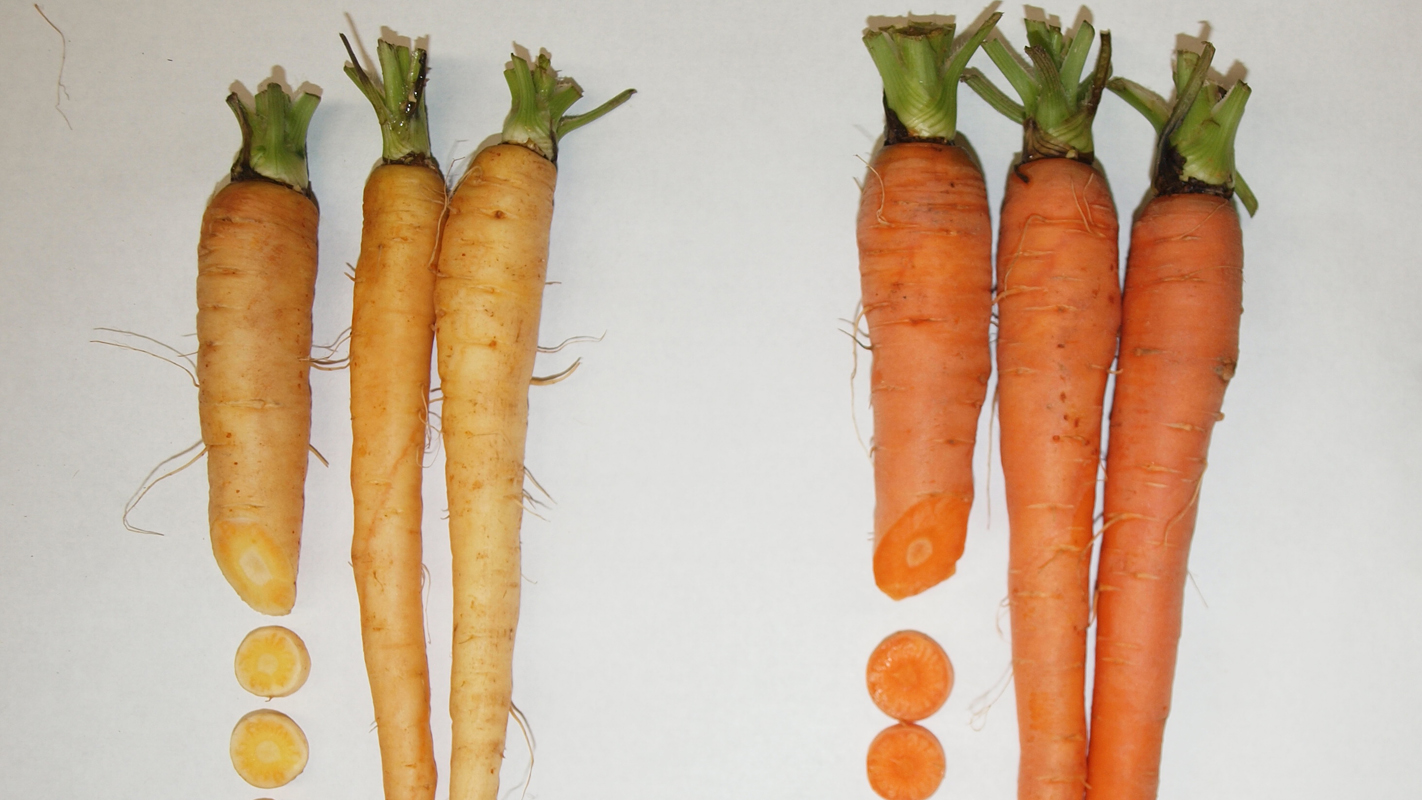
Bugs Bunny’s Knowledge Confirmed
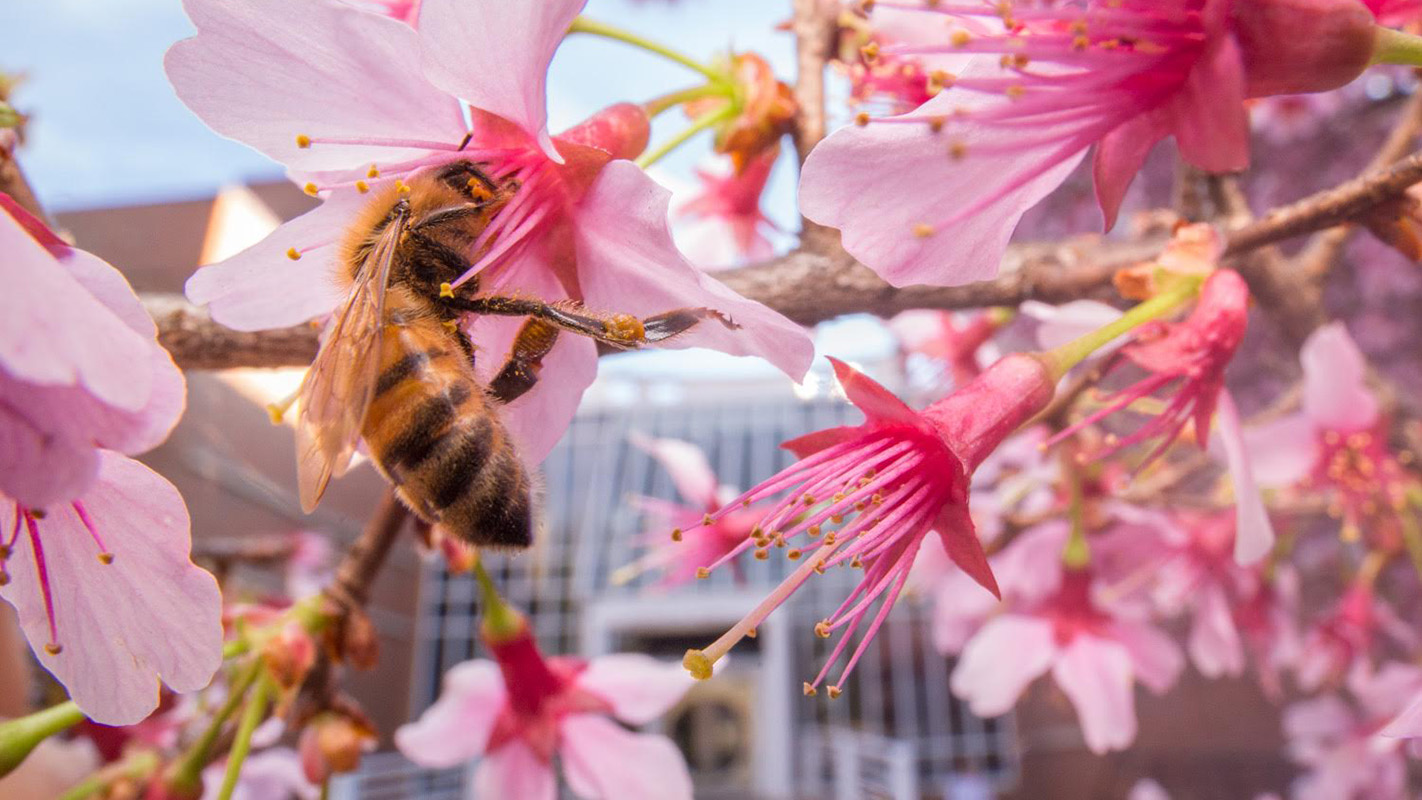
No Junk-Food Diet: Even in Cities, Bees Find Flowers and Avoid Processed Sugars

Assessing the Positive and Negative Claims About Genetically Engineered Crops
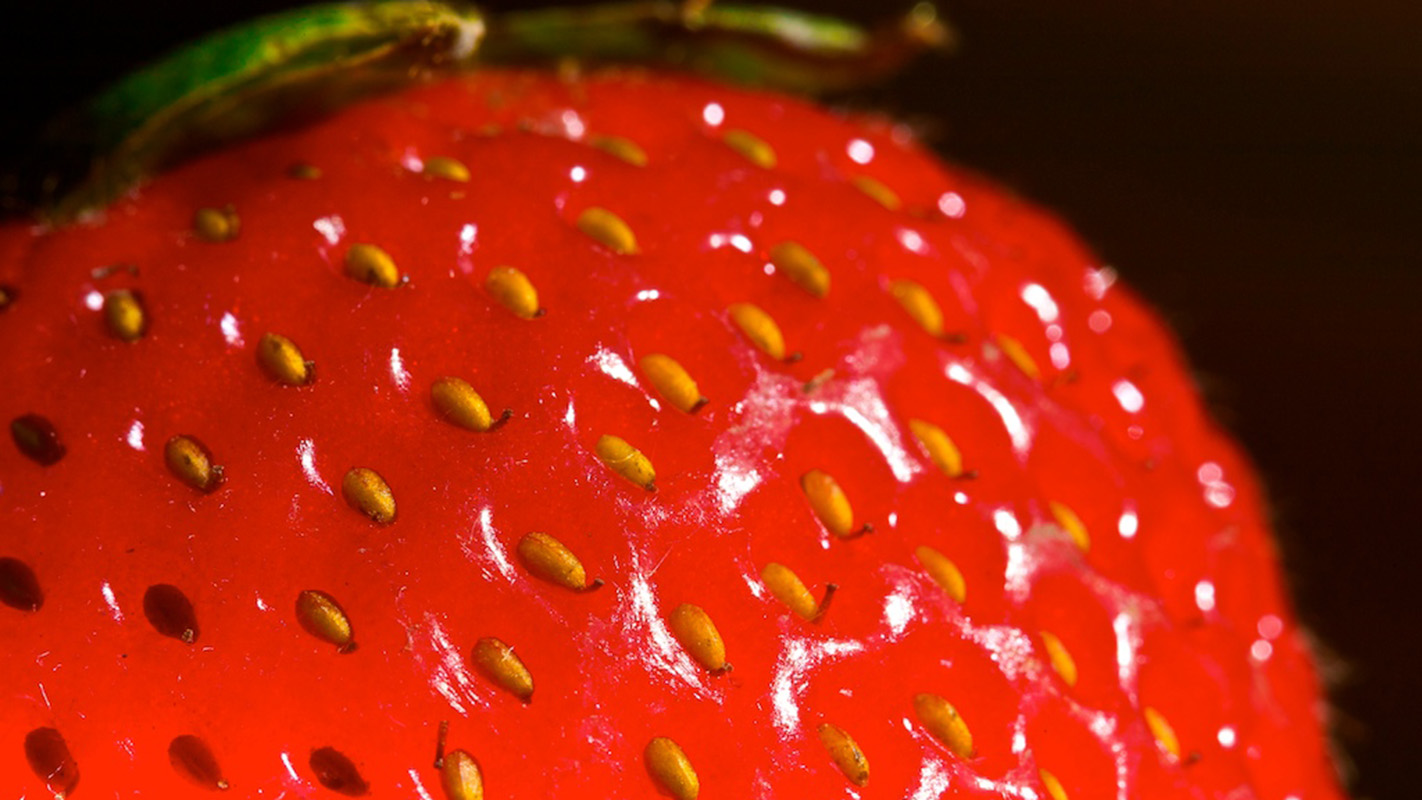
Why Do Strawberries Have Their Seeds on the Outside?
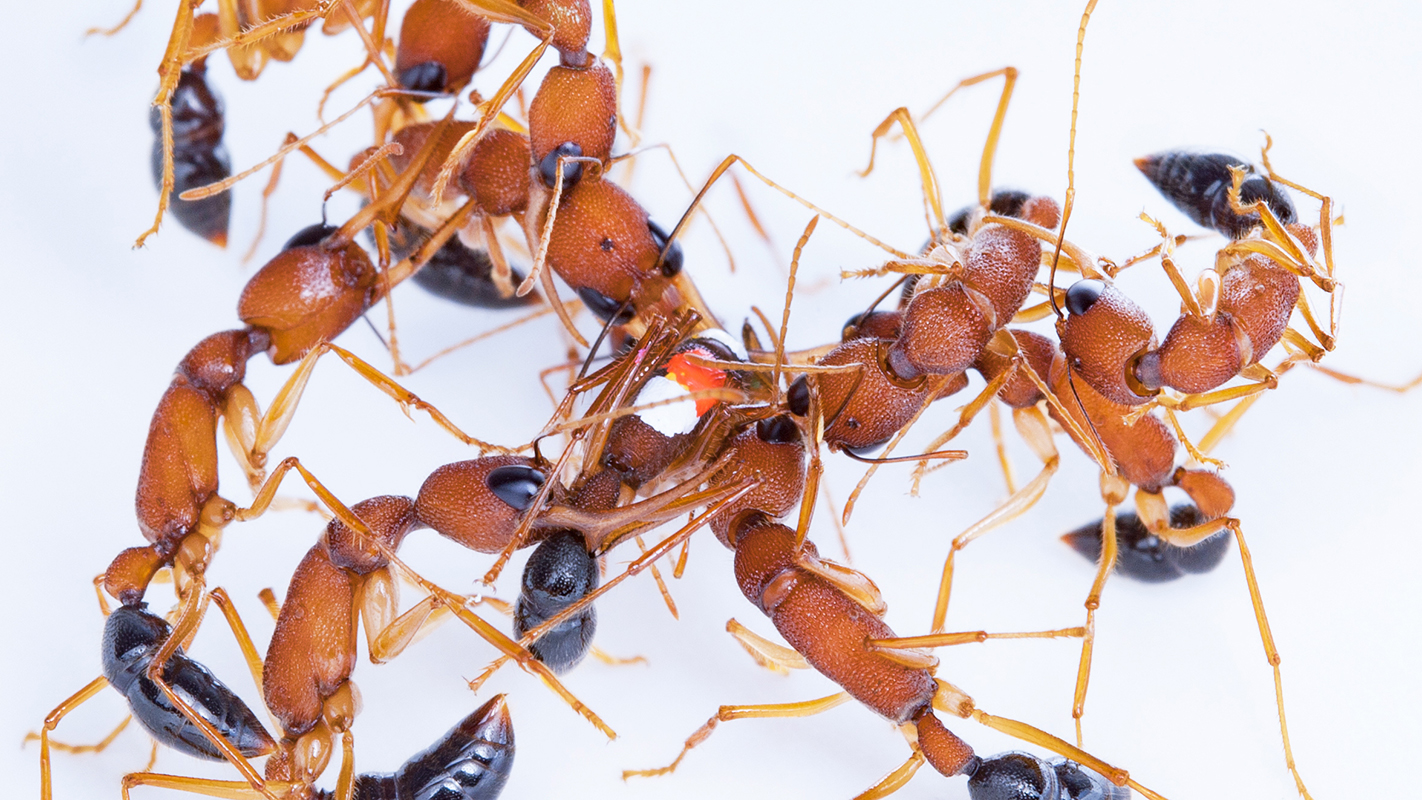
Study Argues ‘Winner-Winner’ Behavior May Shape Animal Hierarchies

Study: Near-Shore Wind Farms Would Have Big Impact on Coastal Tourism
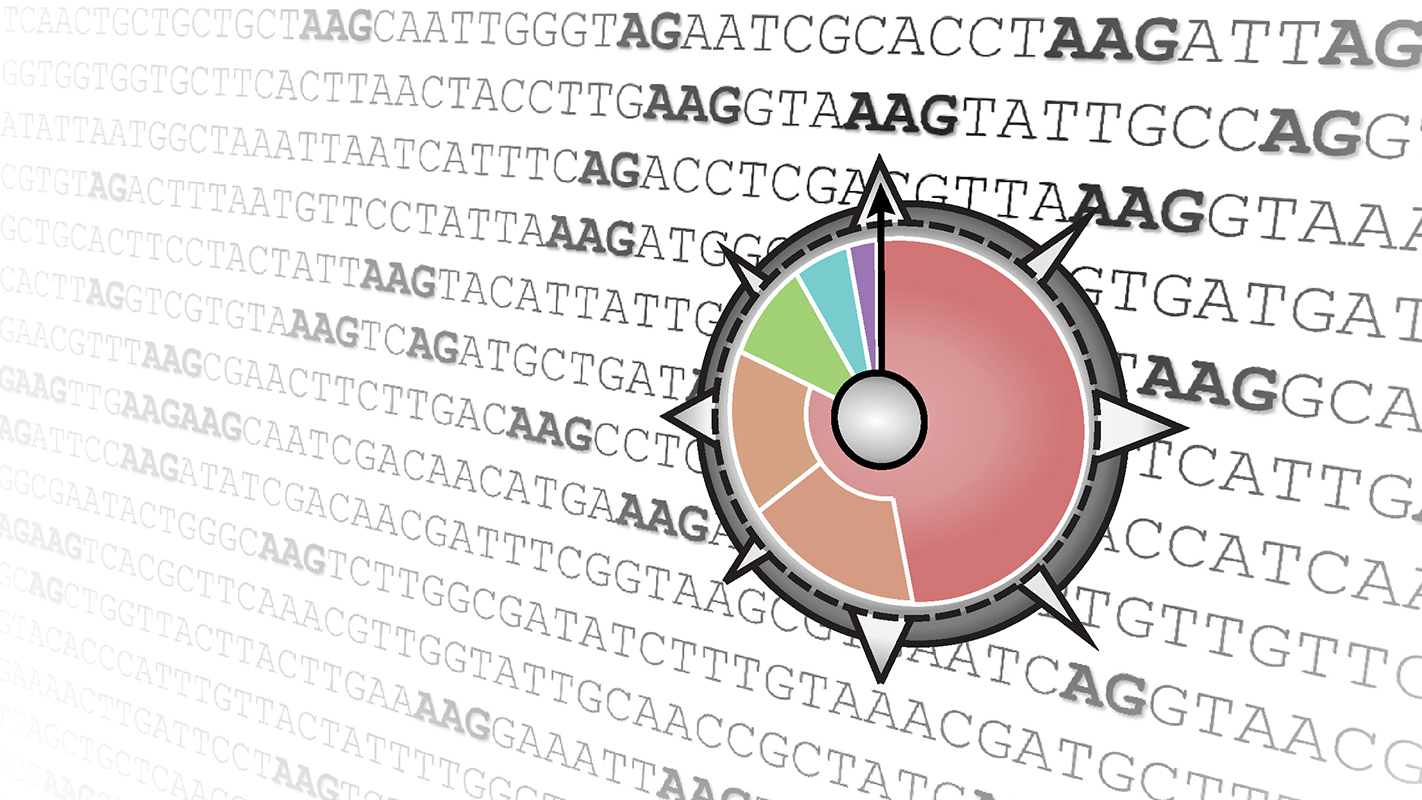
New Tools Allow Rapid ID of CRISPR-Cas System PAMs
Modified Maggots Could Help Human Wound Healing

NC State’s Barrangou Wins Canada Gairdner Award
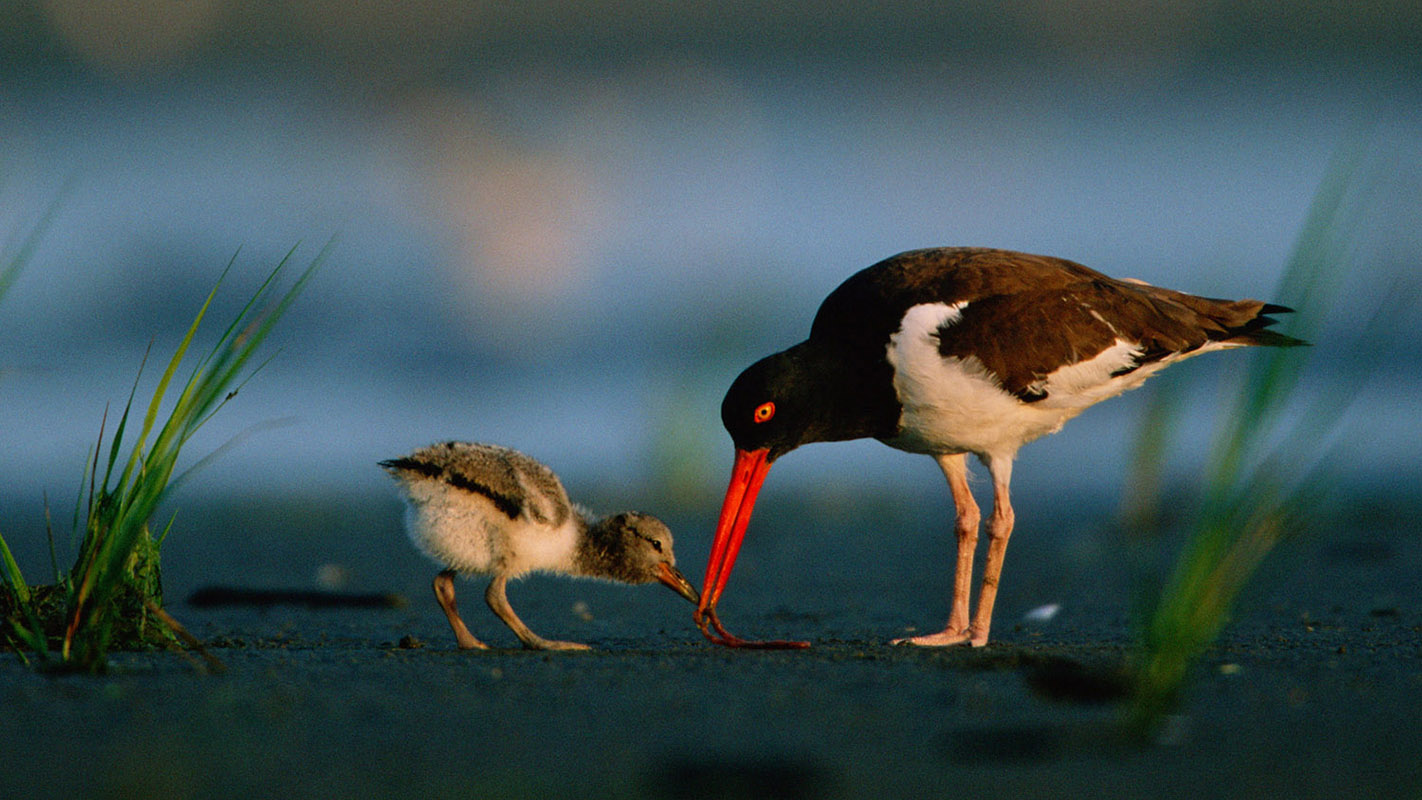
Shorebirds Ignore Aircraft, But Pay Attention to People, Off-road Vehicles
